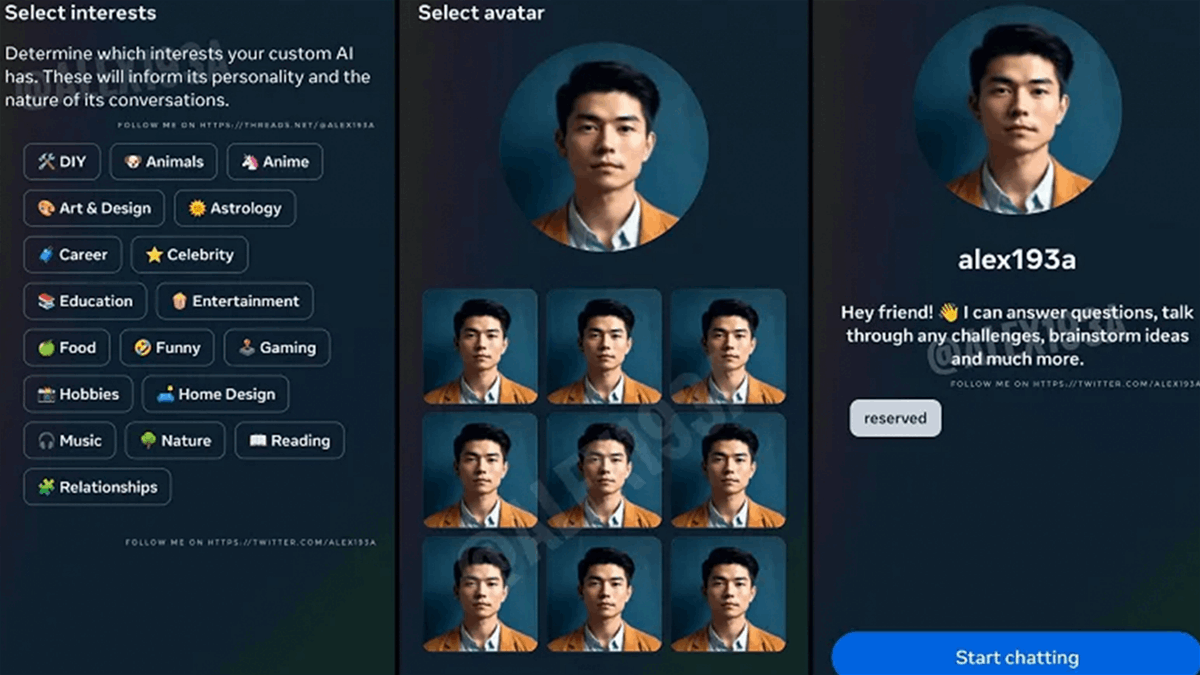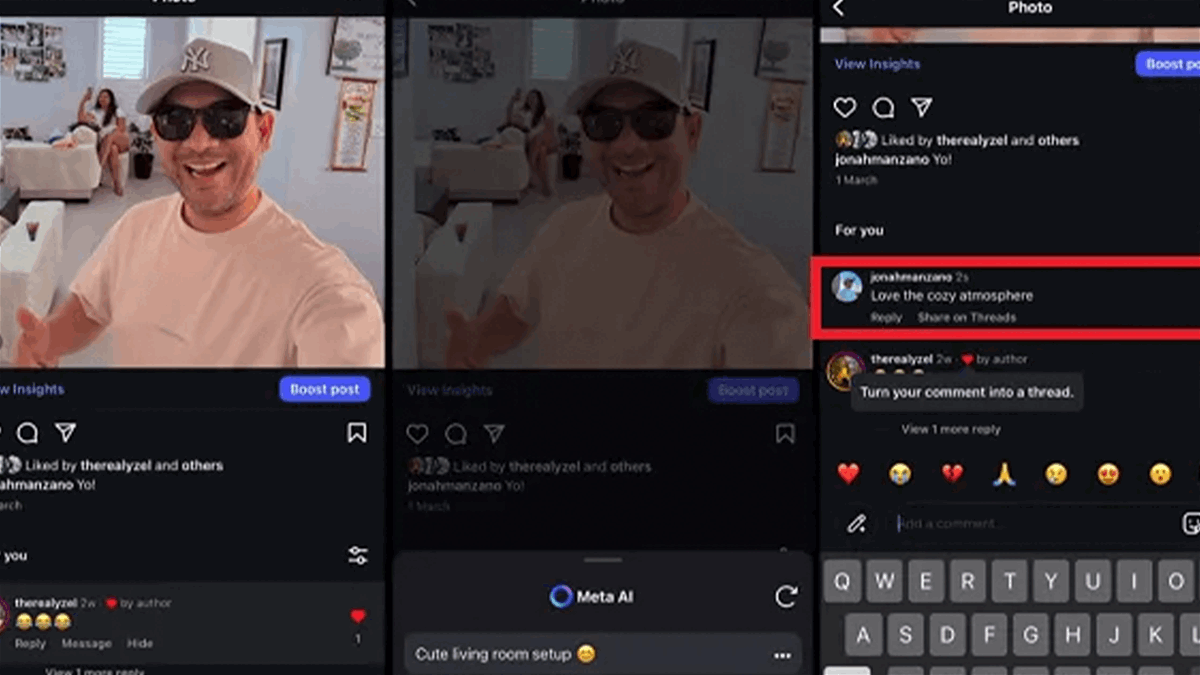it’s hard to understand why anyone would want this, or why meta believes users would embrace it. i also struggle to see how this could positively impact social media interactions.
but here we are.
instagram is reportedly testing ai-generated comments on posts, allowing users to respond without having to form their own thoughts or opinions.
Honestly, I don’t see how making online interactions less human leads to more engaging experiences. But considering LinkedIn already uses AI-generated comments and Gmail offers suggested replies, perhaps it’s not that surprising. The key difference here is that Instagram’s AI-generated responses are tailored to specific posts, making them more relevant—but still not human, not personal, and not truly “social” in the traditional sense.
So why is Meta so eager to integrate AI-generated content into its platforms?
The goal is likely to increase user engagement and activity.
For instance, Meta is reportedly working on AI-driven bot profiles designed to interact like real users. The idea is that when a person posts something, AI bots will generate comments, making the platform seem more active. In theory, this could encourage more real users to join the conversation, creating a cycle where AI interactions ultimately drive human engagement.
This approach could work if Meta ensures only real human interactions are used as engagement signals for its algorithms. That way, the most engaging posts still gain wider reach, while average posts benefit from AI-generated replies that provide the dopamine boost of interaction.
It’s easy to see how this could lead to increased user activity—and how Meta stands to benefit.
But is this what people actually want? Do users really want to see AI-generated responses on their posts? Will interactions feel as meaningful if they’re not from real people?
My guess is that many will simply overlook the AI aspect and focus on the engagement itself, enjoying the validation and social connection—even if it’s artificial.
So, perhaps this is a logical move for Meta. But I still find it difficult to understand why users would willingly post generic, AI-generated comments.
Then again, if bot-generated replies become the norm, maybe this is the future of social interaction—a mix of real human engagement and AI-driven conversation designed to keep users feeling social, relevant, and connected.
While it may seem like mindless clutter, the strategy could make sense in the long run. Maybe my skepticism is just resistance to what’s inevitably becoming the new normal.

